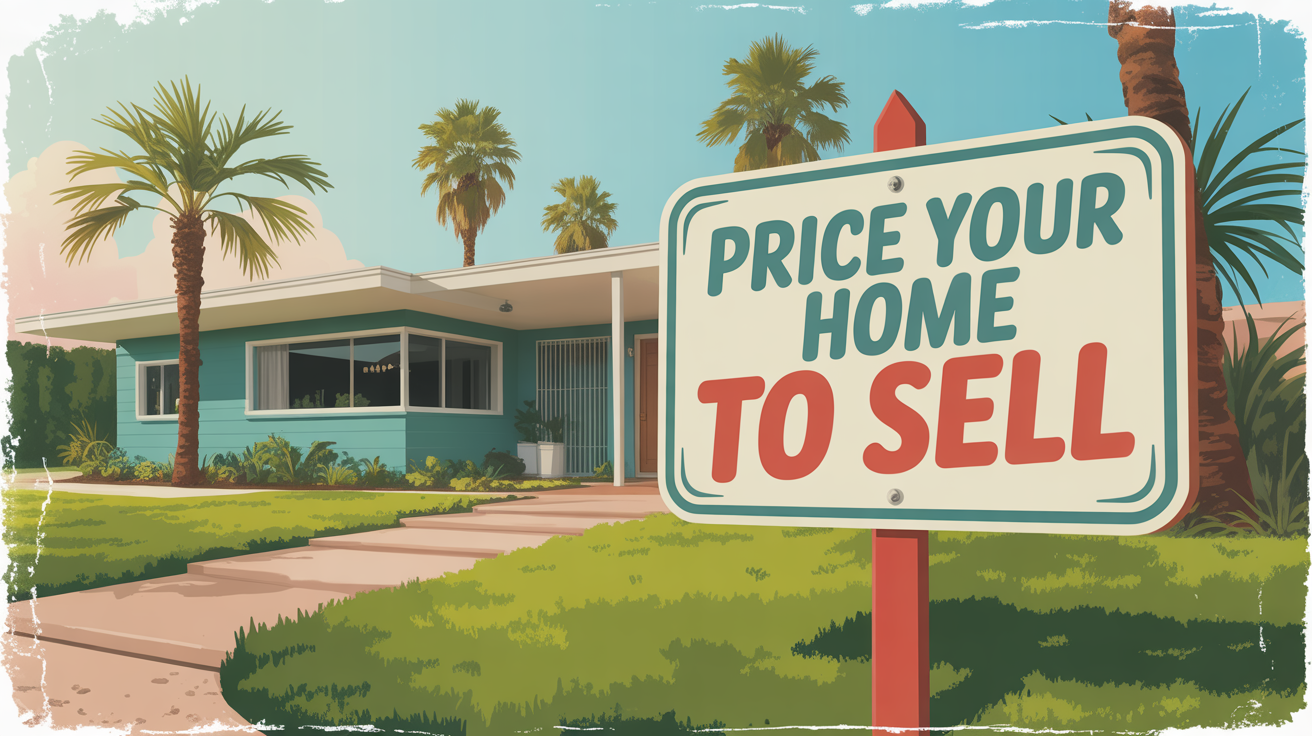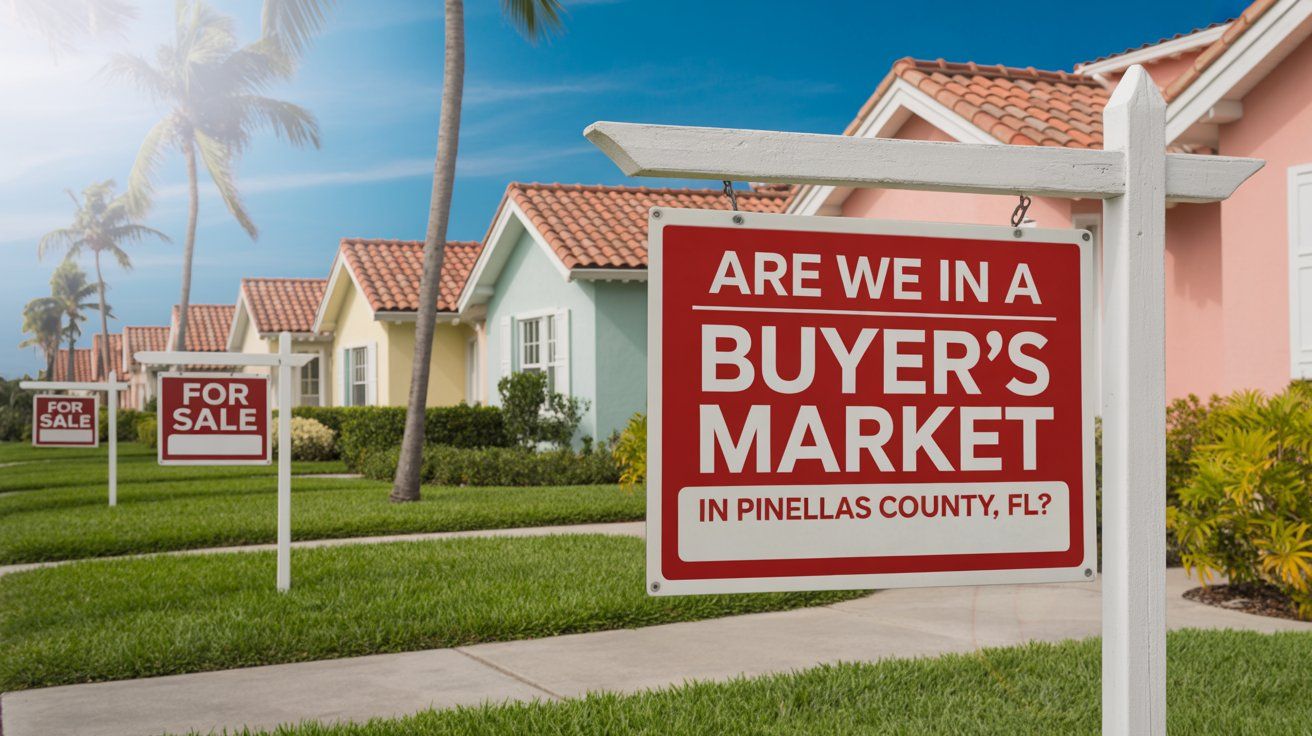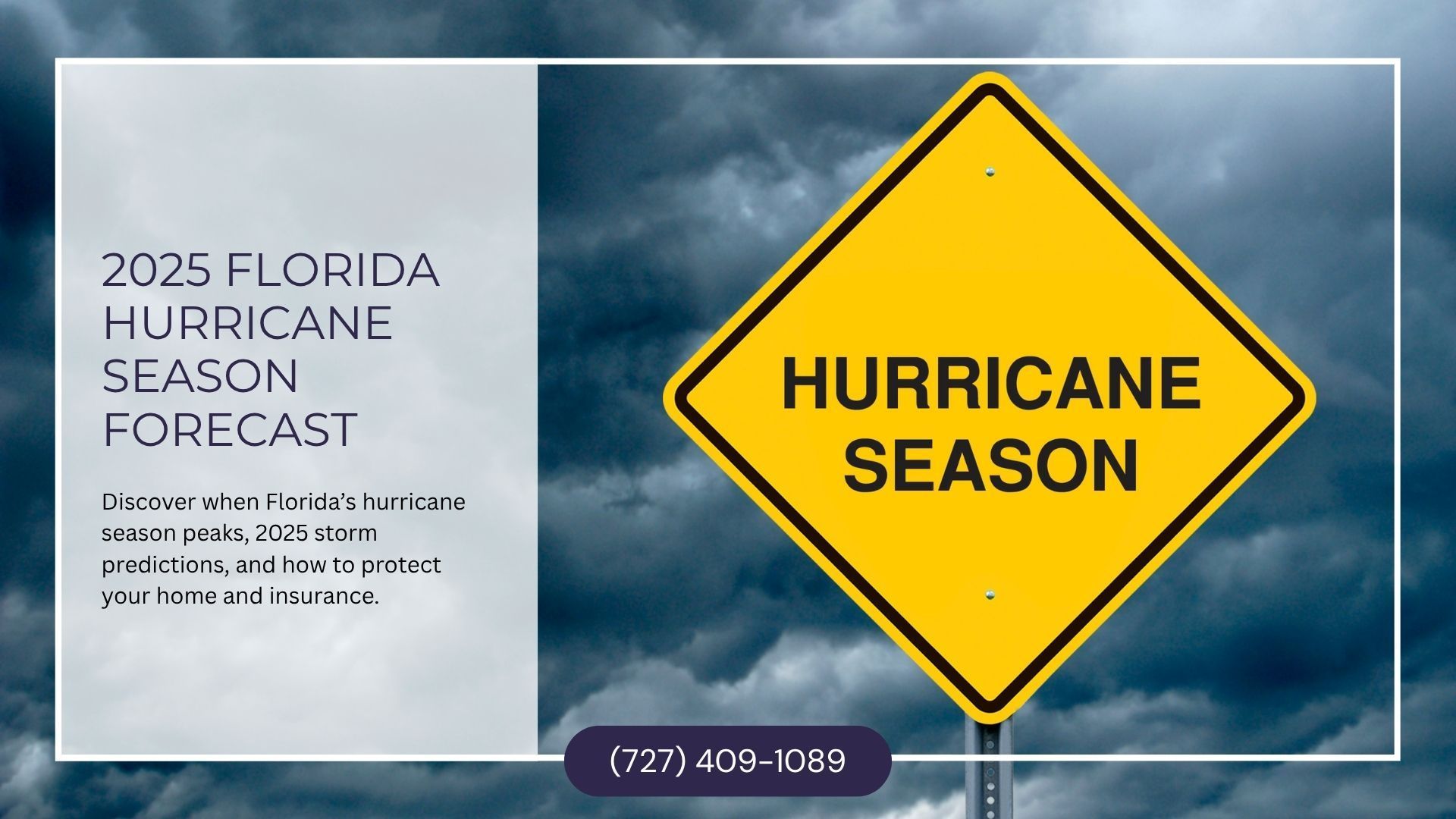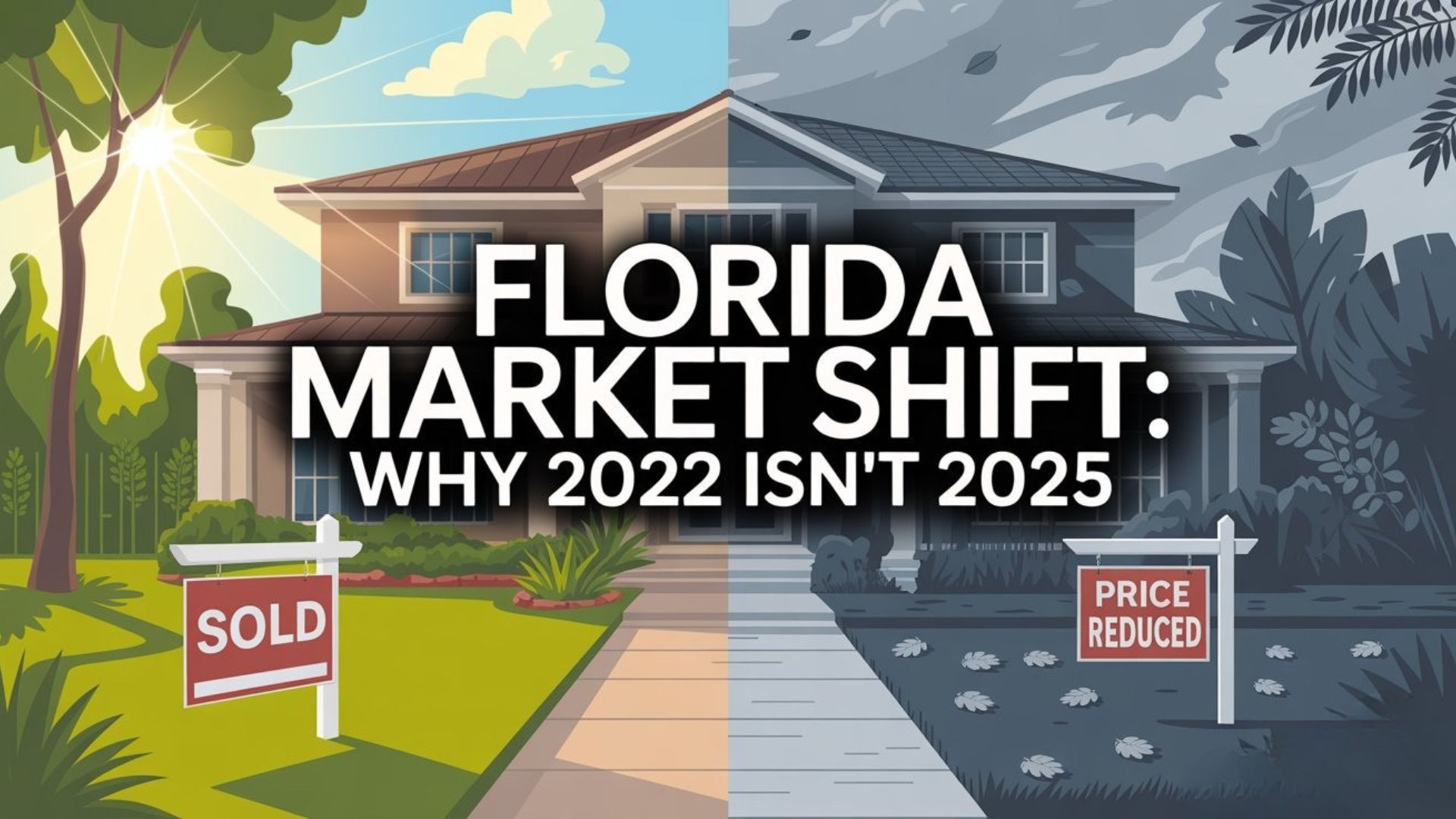Florida Flood Zones & Insurance Guide
Discover the truth about flood zones, insurance costs, FEMA rules, and inspections when buying Florida real estate.
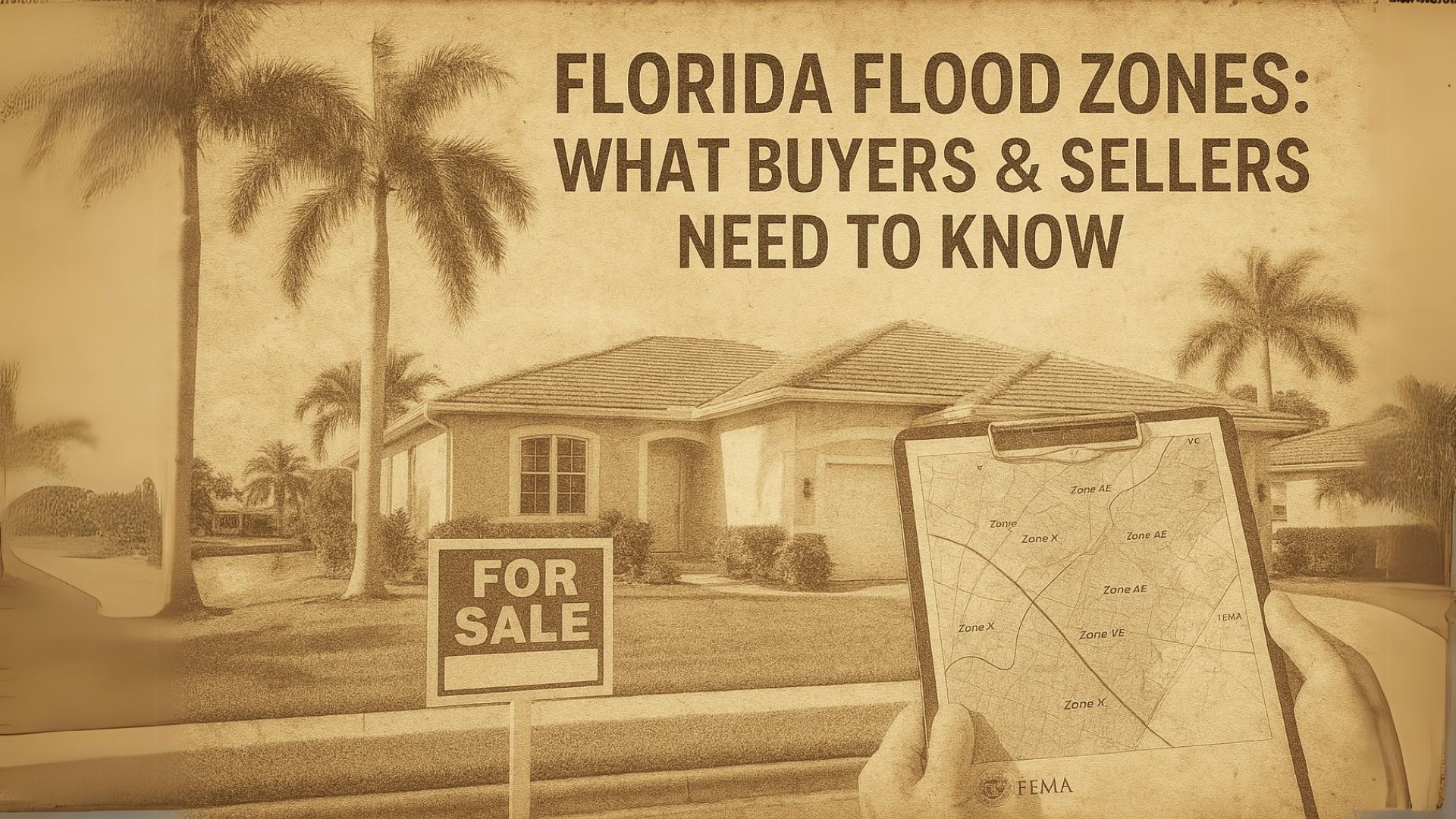
The Truth About Flood Zones and Florida Real Estate
How much does home insurance cost per month?
It’s a question every Florida
homebuyer is asking—and for good reason. As the state faces rising sea levels, frequent storms, and shifting insurance regulations, understanding home insurance and flood zones is more important than ever. In many areas, monthly premiums have climbed to hundreds—or even over a thousand—dollars. If you’re considering buying in the Sunshine State, don’t go in blind. From who’s writing policies in Florida to the FEMA 50% Rule, here’s what you need to know before you buy.
Who Writes Home Insurance in Florida? Are Insurance Companies Leaving Florida?
The Florida insurance market is in flux. Due to increasing storm damage claims, high litigation costs, and the rising cost of reinsurance, several national insurance carriers have reduced their presence or exited the Florida market altogether.
Currently, many Floridians rely on Citizens Property Insurance Corporation, the state-run insurer of last resort. In addition, a number of regional and Florida-based insurers—often called "admitted carriers"—write policies, but they can be selective about which properties they'll cover.
Some policies are now being underwritten by surplus lines insurers (unregulated by the Florida Office of Insurance Regulation), which may charge higher premiums and offer fewer protections. This means it's more important than ever to work with a knowledgeable agent who understands the nuances of Florida's insurance landscape.
How Does Home and Flood Insurance Work in Florida?
Home insurance in Florida covers common risks like windstorms, fire, theft, and liability—but it does not include flood damage. That’s why flood insurance, especially in coastal and low-lying areas, is essential.
Understanding Flood Insurance
Flood insurance is either:
- Through the National Flood Insurance Program (NFIP), managed by FEMA, or
- Private flood insurance, which may offer higher coverage limits or lower premiums.
NFIP rates are based on factors such as flood zone designation, elevation, and property history. With the 2021 rollout of Risk Rating 2.0, FEMA now evaluates properties using more detailed data, which can dramatically affect premiums.
What Is the FEMA 50% Rule?
If you're purchasing a home in a Special Flood Hazard Area (SFHA) and plan to renovate, the FEMA 50% Rule is critical to understand.
The rule states:
If the cost of improvements exceeds 50% of the building’s market value (excluding land), the entire structure must be brought into compliance with current floodplain regulations.
This often means elevating the structure, which can cost tens or even hundreds of thousands of dollars. Buyers should always ask for an Elevation Certificate and consult a knowledgeable contractor or floodplain manager before making an offer on an older home in a flood zone.
Why You Need a 4-Point and Wind Mitigation Inspection in Florida
Insurance companies in Florida often require two specific inspections before issuing a policy:
1. 4-Point Inspection
This inspection focuses on four key systems:
- Roof
- Electrical
- Plumbing
- HVAC
It helps insurers assess the risk associated with an older home. Homes typically need this inspection if they are 25+ years old (for shingle roofs) or 30+ years old (for other types).
2. Wind Mitigation Inspection
Florida offers insurance discounts for homes with features that reduce wind damage risk. This inspection evaluates:
- Roof shape and covering
- Roof-to-wall attachments
- Impact-resistant windows/doors
- Secondary water resistance (underlayment)
A positive wind mitigation report can result in substantial savings on your premium—sometimes hundreds of dollars annually.
These inspections must be done by a Florida-licensed home inspector or general contractor with specific training. Skipping them can delay your closing or increase your insurance cost significantly.
Need Help Navigating Florida Insurance and Flood Zones?
Buying a home in Florida is exciting—but it’s also a financial decision that comes with complexities. Don’t let confusing regulations or rising premiums catch you off guard. Whether you’re eyeing a waterfront condo or a bungalow inland, understanding flood zones, the FEMA 50% Rule, and your insurance requirements is essential.
Reach out to Erin Gwillim today for guidance and trusted referrals to local insurance agents, inspectors, and contractors who can walk you through the process with confidence.

